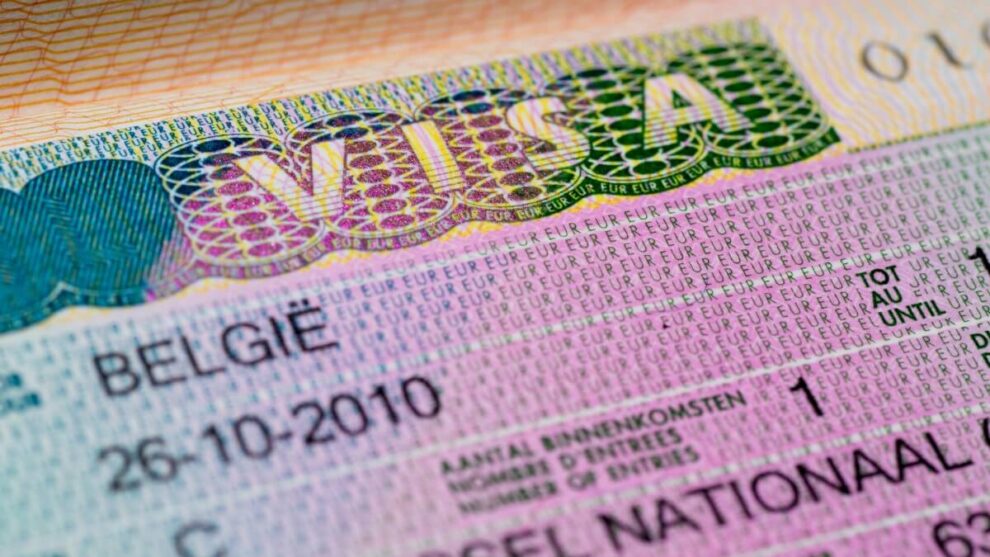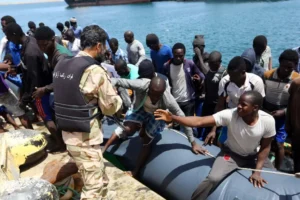A new report by Moroccan sociology professor Mehdi Alioua and French research assistant Jeanne Nougue has highlighted the importance of migration in the Franco-Moroccan diplomatic crisis.
The report, published by the Oxford University Politics Blog earlier this week, points out that while a lot of analyses focus on the role of high politics and issues such as the Western Sahara dossier in the deterioration of ties, France’s visa restrictions on Moroccans play a larger role than anticipated.
The article explains that while France cut the number of visas under the pretense that Morocco was not cooperating with the repatriation of its deported citizens, the North African country’s lack of cooperation was “not as dramatic as presented by France.”
The writers also noted that the diplomatic deterioration took place in the context of the French 2022 presidential elections, where the country’s far-right made security and immigration discourses very prominent in French politics.
They further argue that the ability to effectively relocate migrants who had been subject to the “obligation to leave the French territory” (OQTF) was seen as a test for Macron to “protect” France from the perceived threat of immigrants.
“Visa restrictions would therefore be part of what some have called ‘Macronian voluntarism’, which does not shy away from ‘radical’ measures, even if it means sacrificing diplomatic relations on the altar of domestic security,” the report details.
The writers also note that the developments could lead to a “permanent state of exception,” where populations are subject to policies that are initially a matter of an exceptional situation but eventually become routine and normalized procedures.
The situation also highlights how the right of mobility is becoming a key issue for many people, which have become increasingly critical of the hierarchical nature of visa procedures.
In addition to the visa crisis, relations between France and Morocco – two historically close political and economic partners – have suffered in recent years from various other political and social issues.
Key among these is a perceived insistence from France to maintain a vague position on the Western Sahara dispute, refusing to acknowledge or endorse Morocco’s Autonomy Plan in the same fashion that other European nations did.
This comes at a time when the issue is becoming an increasingly key one in Morocco’s foreign policy, as expressed by King Mohammed VI in various speeches.
Recently, the tensions were stoked further with the response from French media and society to the September 8 earthquake, as they alleged that Morocco refused aid from France – with some even questioning if the North African country can survive on its own without relying on its former colonizer.
Additionally, despite claims from French officials that the visa cuts are in the past and that relations have returned to normal, many Moroccans still report unjustified visa refusals as well as inadequate treatment in visa centers.
Source: Morocco World News











